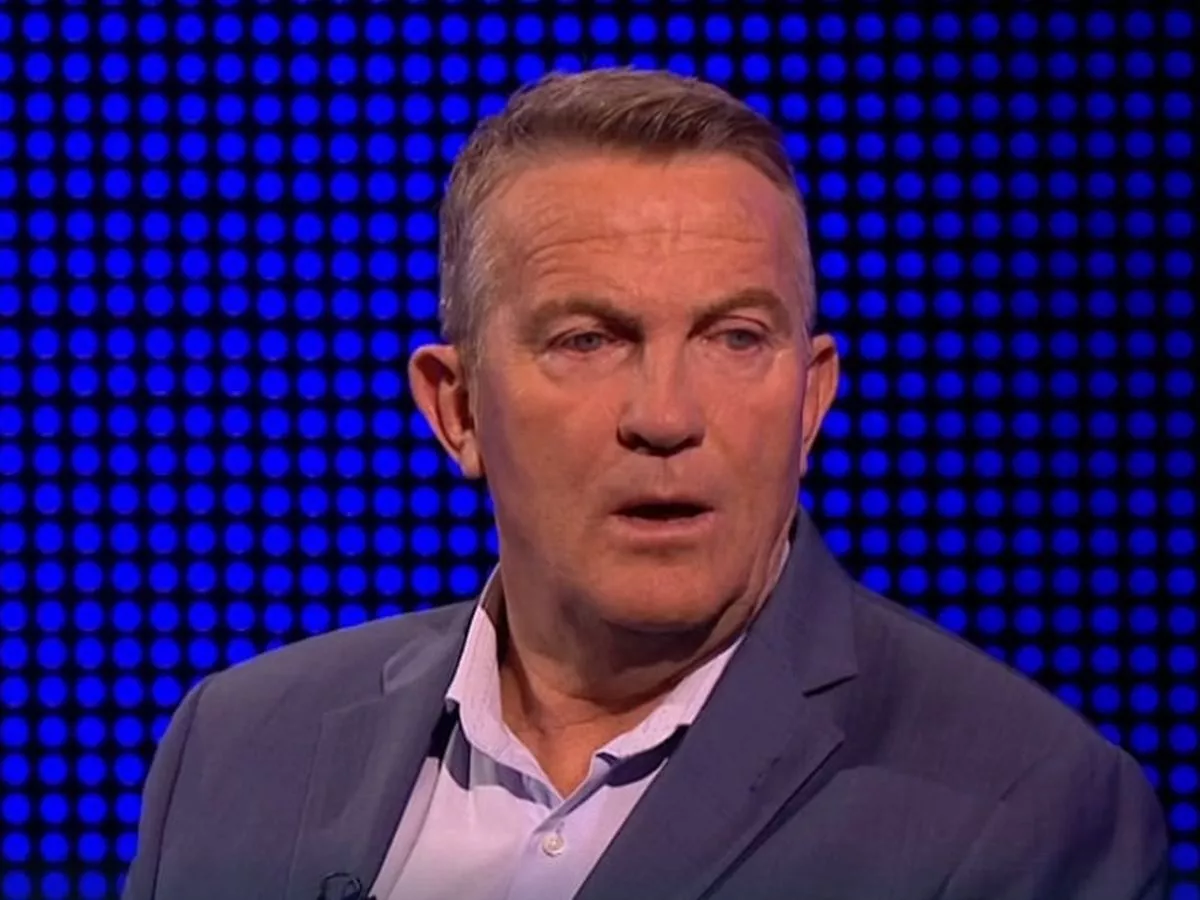Copyright manchestereveningnews

The Chase host Bradley Walsh is adored by fans of the hit ITV show, but they may be unaware that he battles with a health condition. The 65-year-old previously disclosed that he struggles with blepharitis, a condition which causes his eyes to appear inflamed and bloodshot. He told This Morning: "People don't realise I have seriously bad blepharitis. I have to take one pill a day for it or I really struggle. I am going to need my eyes operated on at some point to sort it out." "So many times, people have commented on how I look. But they don't realise. If I take medication though, I'm fine." Bradley previously shared his experience with blepharitis on This Morning in 2017 alongside Ruth Langsford and Eamonn Holmes, reports MyLondon. Blepharitis, a condition causing swollen and itchy eyelids, is typically not serious and can often be managed by daily eyelid washing. Symptoms, which often come and go, include sore eyelids, itchy eyes, eyelids sticking together upon waking, a gritty sensation in the eyes, and flakes or crusts around the eyelash roots. The NHS recommends cleaning your eyelids twice daily to treat and prevent blepharitis, even when symptoms have subsided. It's also advised to avoid wearing contact lenses and eye makeup, particularly mascara and eyeliner, during flare-ups. Your local pharmacist may be able to recommend products to help keep your eyelids clean, such as eyedrops, eye pads, and wipes. If symptoms persist or worsen, it's recommended to see your GP. If regular eyelid cleaning doesn't clear up your blepharitis, your GP may suggest using an antibiotic cream or ointment on your eyelid. Should blepharitis lead to other issues, like a fluid-filled lump under the skin (cyst), antibiotic eyedrops or tablets might be suggested. In cases of severe blepharitis or if you're experiencing additional eye symptoms, your GP may refer you to an eye specialist (ophthalmologist).



